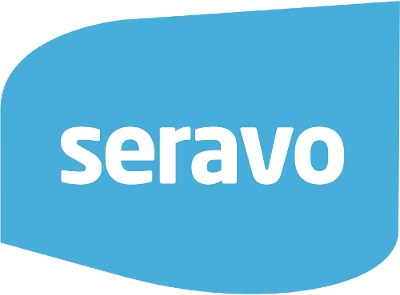Site configuration
It is not recommended to change the configuration in
Vagrantfile. The file should only be used to toggle the beta version of the Vagrant box.
The config.yml file in the project directory is used to set up the local development environment.
Seravo sites should come with one pre-configured. When you run the site for the first time with an
empty project template, the default config.yml file is generated from
the config-sample.yml.
Default config.yml
name: wordpress
development:
domains:
- wordpress.local
Customized config.yml example
name: wordpress
production:
domain: example.seravo.com
ssh_port: 12345
development:
domains:
- mywpsite.local
- another.local
- third.mywpsite.local
pull_production_db: never
pull_production_plugins: never
pull_production_themes: never
Customizing config.yml
The changes take effect after stopping and restarting the machine. Some changes may require the removal of the machine before restarting.
Properties
name
Default: wordpress
Description: Change name in config.yml to change your site name.
This is used in quite a few places in the development environment.
Commands like wp-pull-staging-db use this as the username for ssh connections.
Example:
name: mywpsite
production
Default: -
Description: Add domain and ssh_port to sync with your production instance.
Example:
production:
domain: example.seravo.com
ssh_port: 12345
staging
Default: -
Description: Add domain and ssh_port to sync with your staging (testing shadow) instance.
Example:
staging:
domain: example.seravo.com
ssh_port: 23456
development.domains
Default: wordpress.local
Description: List of the local domains to create. Multisites should add all domains to the list. These must not conflict with any other locally running site.
Example:
development:
domains:
- mywpsite.local
- another.local
- third.mywpsite.local
development.pull_production
Default: -
Description: Whether to automatically pull from production on vagrant up. Set to
always or never.
Example:
development:
pull_production_db: always
pull_production_plugins: always
pull_production_themes: always

 - Docs
- Docs